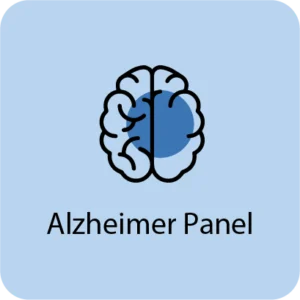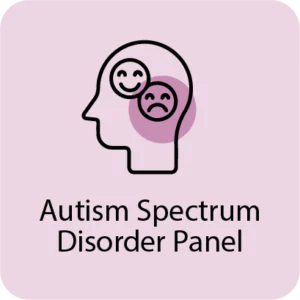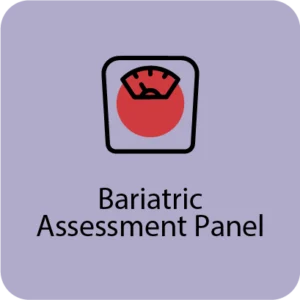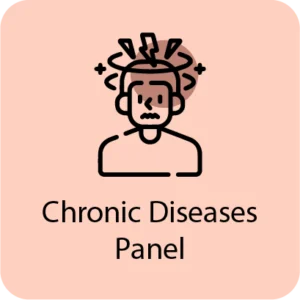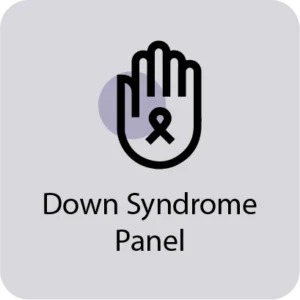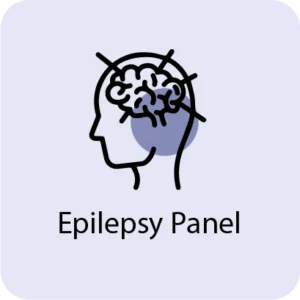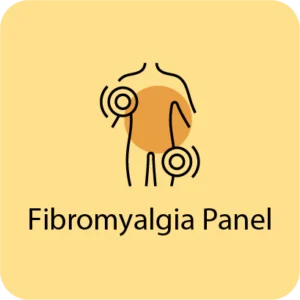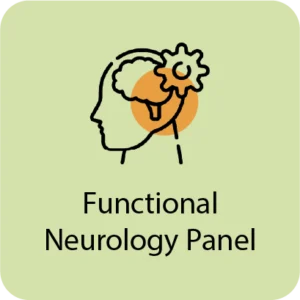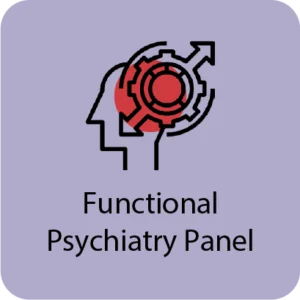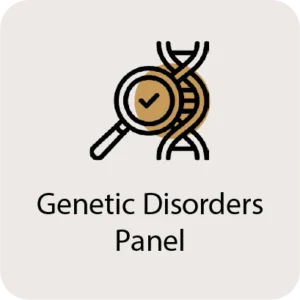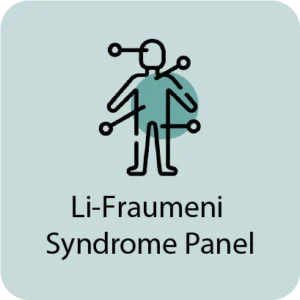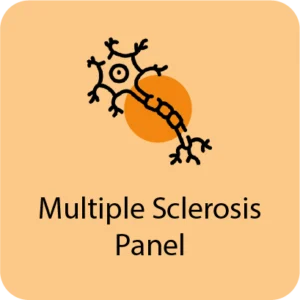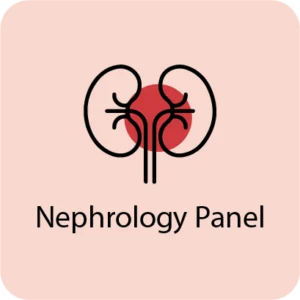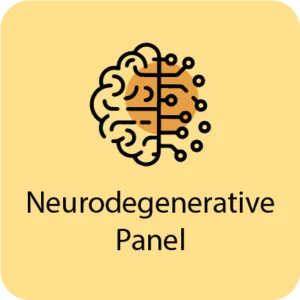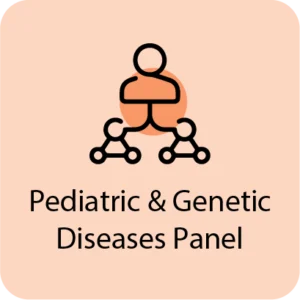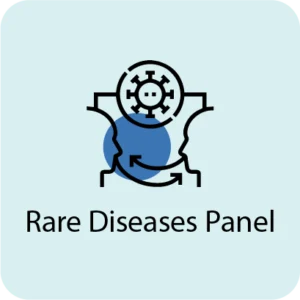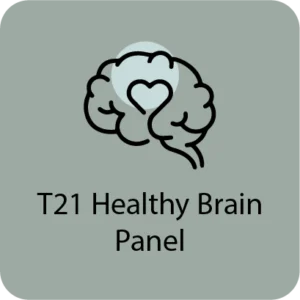Bariatric Assessment
At LifeCode Healthcare, we are dedicated to providing comprehensive support and guidance for individuals struggling with obesity. Obesity is a complex and multifaceted condition characterized by excessive accumulation of body fat, which can have profound implications for overall health and well-being.
Bariatric assessment plays a crucial role in evaluating the underlying factors contributing to obesity and guiding personalized treatment approaches. We aim to provide an overview of bariatric assessment, including its components, importance, and implications for managing obesity effectively.
Components of Bariatric Assessment:
- Medical History: A thorough medical history is essential in assessing obesity-related risk factors, comorbidities, and previous weight loss attempts. This includes gathering information about past medical conditions, medications, surgical history, family history of obesity or related conditions, and lifestyle habits.
- Physical Examination: A comprehensive physical examination shall help in evaluating those overall health status, identify obesity-related complications, and assess readiness for bariatric interventions. This might also include measurements of weight, height, waist circumference, blood pressure, and body mass index (BMI), as well as assessment of cardiovascular, respiratory, and musculoskeletal health.
- Nutritional Assessment: A detailed nutritional assessment is conducted to evaluate dietary patterns, nutrient intake, eating behaviors, and potential nutritional deficiencies. This may involve dietary recall, food frequency questionnaires, and assessment of appetite, satiety, and food preferences.
- Psychological Evaluation: Obesity is often associated with psychological factors such as depression, anxiety, body image dissatisfaction, and disordered eating behaviors. A psychological evaluation shall help in identifying emotional triggers, coping mechanisms, and psychological barriers to weight loss success.
- Laboratory Tests: Laboratory tests may be performed to assess metabolic health, screen for obesity-related comorbidities, and identify underlying medical conditions that may impact weight management. This may include blood tests to measure lipid levels, glucose metabolism, thyroid function, liver function, and hormonal imbalances.
- Diagnostic Imaging: Diagnostic imaging studies such as X-rays, ultrasounds, and CT scans may be ordered to assess body composition, evaluate organ size and function, and screen for obesity-related complications like fatty liver disease, gallstones, and osteoarthritis.
Lifecode’s Bariatric Assessment Services:
As a leading healthcare provider, we offer a range of bariatric assessment services to evaluate the unique needs and goals of each individual. Our comprehensive assessment includes:
- Personalized Consultation: Our experienced healthcare professionals conduct personalized consultations to discuss medical history, lifestyle factors, weight management goals, and previous weight loss attempts. This initial assessment helps us understand each individual’s specific challenges and develop a tailored approach to address them.
- Physical Examination: A thorough physical examination is performed to assess overall health status, identify obesity-related complications, and evaluate readiness for bariatric interventions. Measurements of weight, height, BMI, waist circumference, blood pressure, and other vital signs are recorded to establish baseline data.
- Nutritional Assessment: Our registered dietitians conduct comprehensive nutritional assessments to evaluate dietary habits, nutrient intake, eating behaviors, and potential nutritional deficiencies. This assessment helps identify areas for improvement and guides personalized dietary recommendations.
- Psychological Evaluation: Our licensed psychologists specialize in assessing the psychological factors associated with obesity, such as emotional eating, body image issues, stress, and motivation. Through individualized evaluations, we identify underlying psychological barriers to weight loss and develop strategies to address them.
- Laboratory Testing: We offer a wide range of laboratory tests to assess metabolic health, screen for obesity-related comorbidities, and identify underlying medical conditions that may impact weight management. These tests may include lipid profiles, glucose metabolism markers, thyroid function tests, liver function tests, and hormonal assessments.
Our Solutions for Managing Obesity:
Based on the findings of the bariatric assessment, we offer personalized solutions to help individuals manage obesity effectively and achieve their weight loss goals. Our comprehensive approach includes:
- Lifestyle Modification Programs: Our team of healthcare professionals collaborates with individuals to develop personalized lifestyle modification programs that focus on dietary changes, physical activity, behavior modification, and stress management. These programs are designed to promote sustainable weight loss and long-term health improvements.
- Medical Management: For individuals who may benefit from medical intervention, we offer pharmacotherapy options to support weight loss efforts. Our healthcare providers prescribe medications that target appetite suppression, fat absorption, or metabolic regulation, in conjunction with lifestyle modifications.
- Bariatric Surgery Consultation: For individuals with severe obesity or obesity-related comorbidities, we provide consultations for bariatric surgery. Our experienced bariatric surgeons evaluate each case carefully and recommend appropriate surgical options, such as gastric bypass, sleeve gastrectomy, or adjustable gastric banding.
- Ongoing Support and Monitoring: We provide ongoing support and monitoring to help individuals stay on track with their weight loss journey. Regular follow-up appointments, nutritional counseling, behavioral therapy sessions, and support group meetings are offered to ensure continued progress and success.
LifeCode for Healthier Futures Via Bariatric Assessment
This Panel plays a critical role in evaluating the complex factors contributing to obesity and guiding personalized treatment approaches. At LifeCode Healthcare, we are committed to providing comprehensive bariatric assessment services to help individuals struggling with obesity achieve their weight loss goals and improve their overall health and well-being.
If you or someone you know is affected by obesity, please don’t hesitate to contact us for evaluation and personalized treatment recommendations. Together, we can embark on a journey towards a healthier, happier life.
| Categories | Conditions Observed |
|---|---|
| Content Yet to Receive | Content Yet to Receive |
What is a behavioral genetic test, and how does it differ from traditional psychological assessments?
A behavioral genetic test evaluates genetic predispositions that may influence an individual’s behavior, personality traits, cognitive abilities, and mental health, providing insights into the genetic basis of behavioral characteristics.
Can a behavioral genetic test accurately predict specific behavioral traits or tendencies?
While a behavioral genetic test can provide information about genetic predispositions, it cannot predict with certainty an individual’s behavior or specific personality traits due to the complex interplay of genes and environmental factors.
How can knowledge from a behavioral genetic test inform personalized approaches to mental health and well-being?
Insights from a behavioral genetic test can inform personalized approaches to mental health by identifying genetic risk factors, guiding treatment decisions, and facilitating targeted interventions for prevention and management of mental health disorders.
Can a behavioral genetic test be used to assess risk factors for addiction or substance abuse?
Yes, behavioral genetic tests can identify genetic risk factors associated with addiction susceptibility, substance abuse disorders, and other addictive behaviors, informing prevention strategies and treatment approaches.
Can lifestyle modifications or therapeutic interventions be tailored based on genetic information obtained from a behavioral genetic test?
Yes, genetic information obtained from a behavioral genetic test can inform personalized lifestyle modifications, therapeutic interventions, and behavioral therapies to optimize mental health and well-being outcomes.



